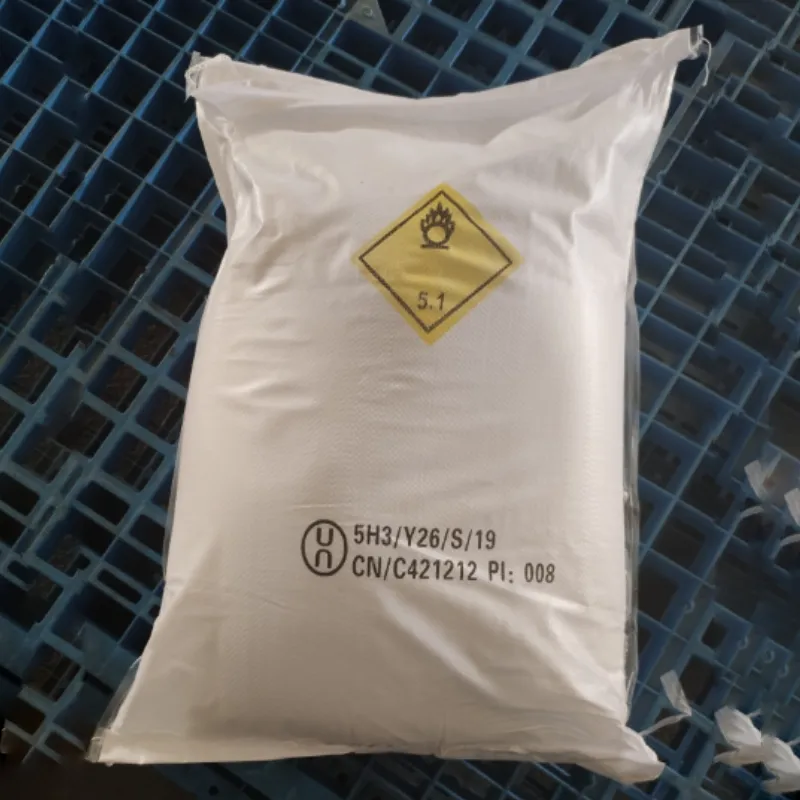
antioxidant in food preservation
The Role of Antioxidants in Food Preservation
In the realm of food preservation, antioxidants play a crucial role in enhancing the shelf life and safety of various food products. These compounds, which can be naturally occurring or synthetic, help to prevent oxidative stress that can lead to spoilage, rancidity, and degradation of essential nutrients. Understanding how antioxidants function and their application in food preservation not only aids in maintaining food quality but also contributes to public health.
The Role of Antioxidants in Food Preservation
Natural antioxidants, derived from fruits, vegetables, herbs, and spices, are gaining popularity in food preservation due to consumer preferences for less processed foods. For example, rosemary extract and green tea polyphenols have been shown to significantly extend the shelf life of various food items. These natural alternatives not only preserve food but also offer health benefits, such as anti-inflammatory and antimicrobial properties. Incorporating these antioxidants into food products can provide a double advantage maintaining freshness and supporting overall health.
antioxidant in food preservation

On the other hand, synthetic antioxidants, such as butylated hydroxyanisole (BHA) and butylated hydroxytoluene (BHT), have been widely used for decades. They are effective in preventing rancidity and spoilage, particularly in fats and oils. However, there is ongoing debate about the safety of synthetic additives, leading to a trend towards natural alternatives. Consumers increasingly demand transparency in food labeling and prefer products that are free from artificial ingredients.
Antioxidants are particularly important in the context of processed foods, which often have a longer shelf life due to various preservation techniques. During processing, foods are subjected to conditions that can accelerate oxidation, making the inclusion of antioxidants essential. They can be added directly to food products, or they can feature in packaging materials, which may help to slow down oxidation by limiting oxygen exposure.
Moreover, the role of antioxidants in food preservation extends beyond merely prolonging shelf life. They help retain the nutritional value of foods by preventing nutrient degradation. For instance, vitamin C is sensitive to oxidation, and its presence can be vital in maintaining the health benefits associated with fruits and vegetables. When antioxidants are included in food preservation strategies, they contribute not only to taste and texture but also to the nutritional profile of the food.
In conclusion, antioxidants are indispensable in the field of food preservation, playing a vital role in enhancing the quality, safety, and nutritional value of food products. Whether derived from natural sources or synthesized, these compounds help to inhibit oxidative reactions that can lead to spoilage. As consumer awareness grows regarding the importance of food quality, the utilization of both natural and synthetic antioxidants will continue to evolve, ensuring that we can enjoy fresh, safe, and nutritious foods for longer periods. The art and science of food preservation will benefit greatly from ongoing research and innovation in this area, ultimately contributing to better health and well-being for consumers worldwide.
-
Pure Sodium Dichloroisocyanurate Dihydrate | Powerful DisinfectantNewsAug.29,2025
-
Industrial Chemicals: Quality & Purity for Every IndustryNewsAug.28,2025
-
Nitrile Rubber Honoring Strict Production StandardsNewsAug.22,2025
-
Aspartame Ingredients Honoring Food Safety ValuesNewsAug.22,2025
-
Fertilizer for Balanced Plant NutritionNewsAug.22,2025
-
Cyanide Gold Processing with High Purity AdditivesNewsAug.22,2025
-
Formic Acid in Textile Dyeing ApplicationsNewsAug.22,2025
Hebei Tenger Chemical Technology Co., Ltd. focuses on the chemical industry and is committed to the export service of chemical raw materials.
-

view more DiethanolisopropanolamineIn the ever-growing field of chemical solutions, diethanolisopropanolamine (DEIPA) stands out as a versatile and important compound. Due to its unique chemical structure and properties, DEIPA is of interest to various industries including construction, personal care, and agriculture. -

view more TriisopropanolamineTriisopropanolamine (TIPA) alkanol amine substance, is a kind of alcohol amine compound with amino and alcohol hydroxyl, and because of its molecules contains both amino and hydroxyl. -

view more Tetramethyl Thiuram DisulfideTetramethyl thiuram disulfide, also known as TMTD, is a white to light-yellow powder with a distinct sulfur-like odor. It is soluble in organic solvents such as benzene, acetone, and ethyl acetate, making it highly versatile for use in different formulations. TMTD is known for its excellent vulcanization acceleration properties, which makes it a key ingredient in the production of rubber products. Additionally, it acts as an effective fungicide and bactericide, making it valuable in agricultural applications. Its high purity and stability ensure consistent performance, making it a preferred choice for manufacturers across various industries.





